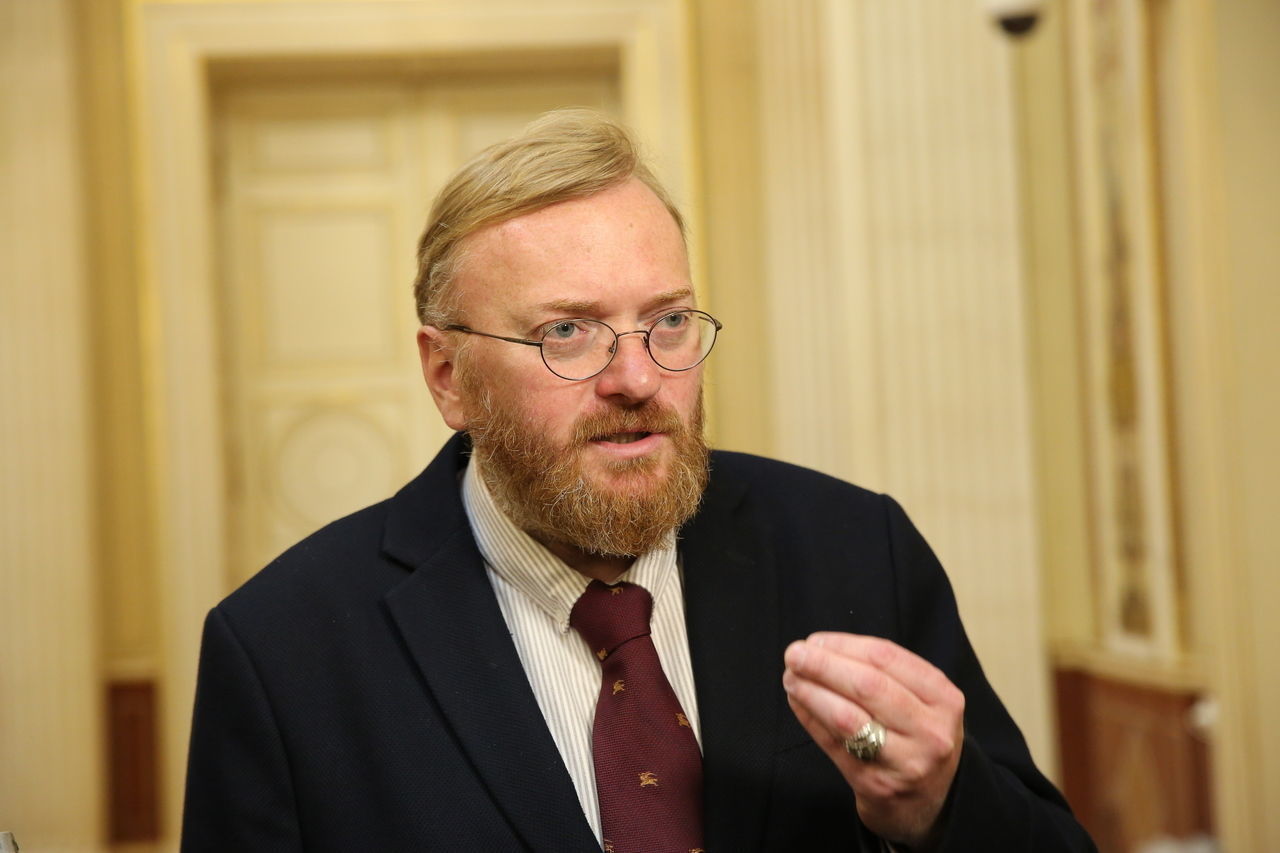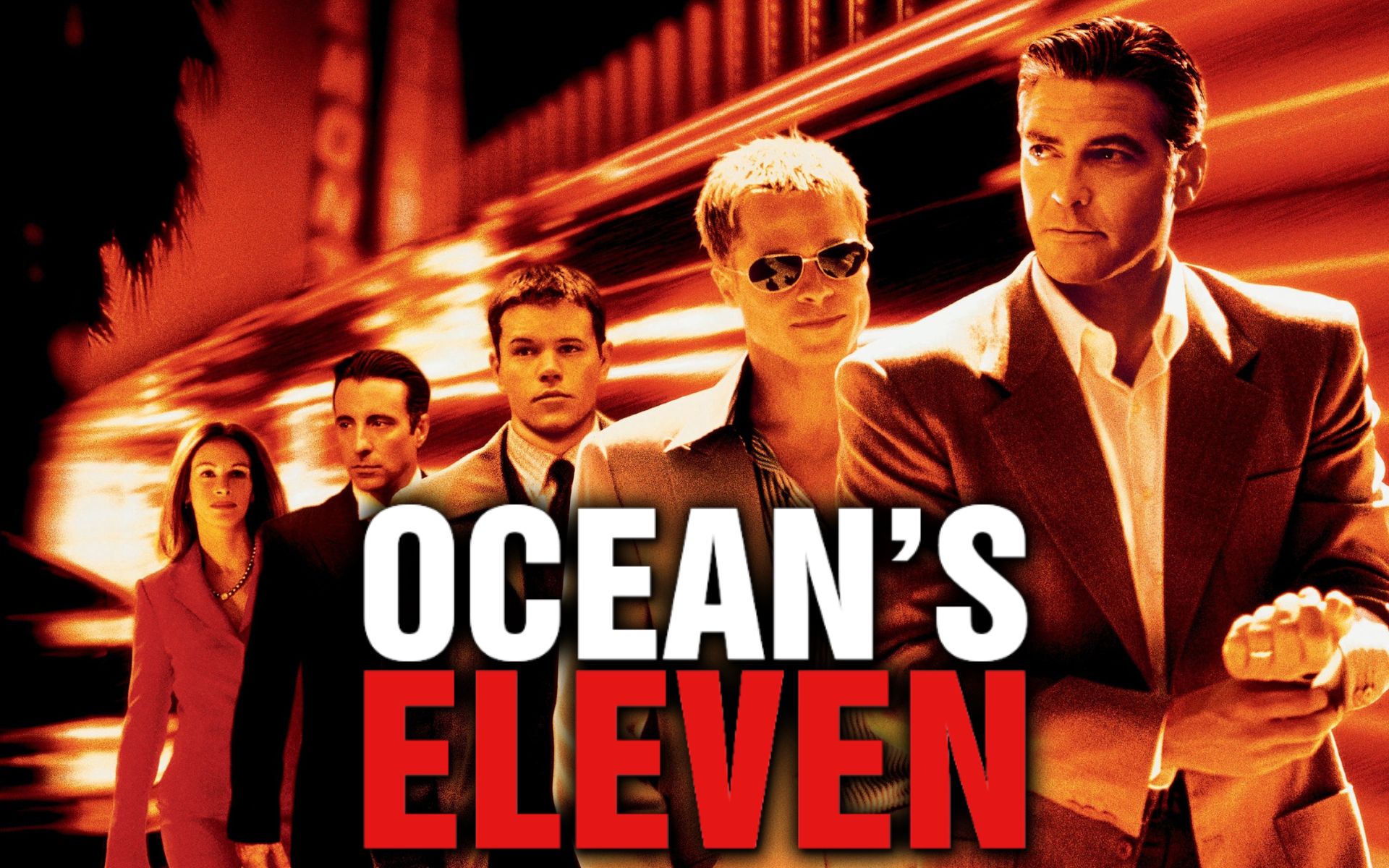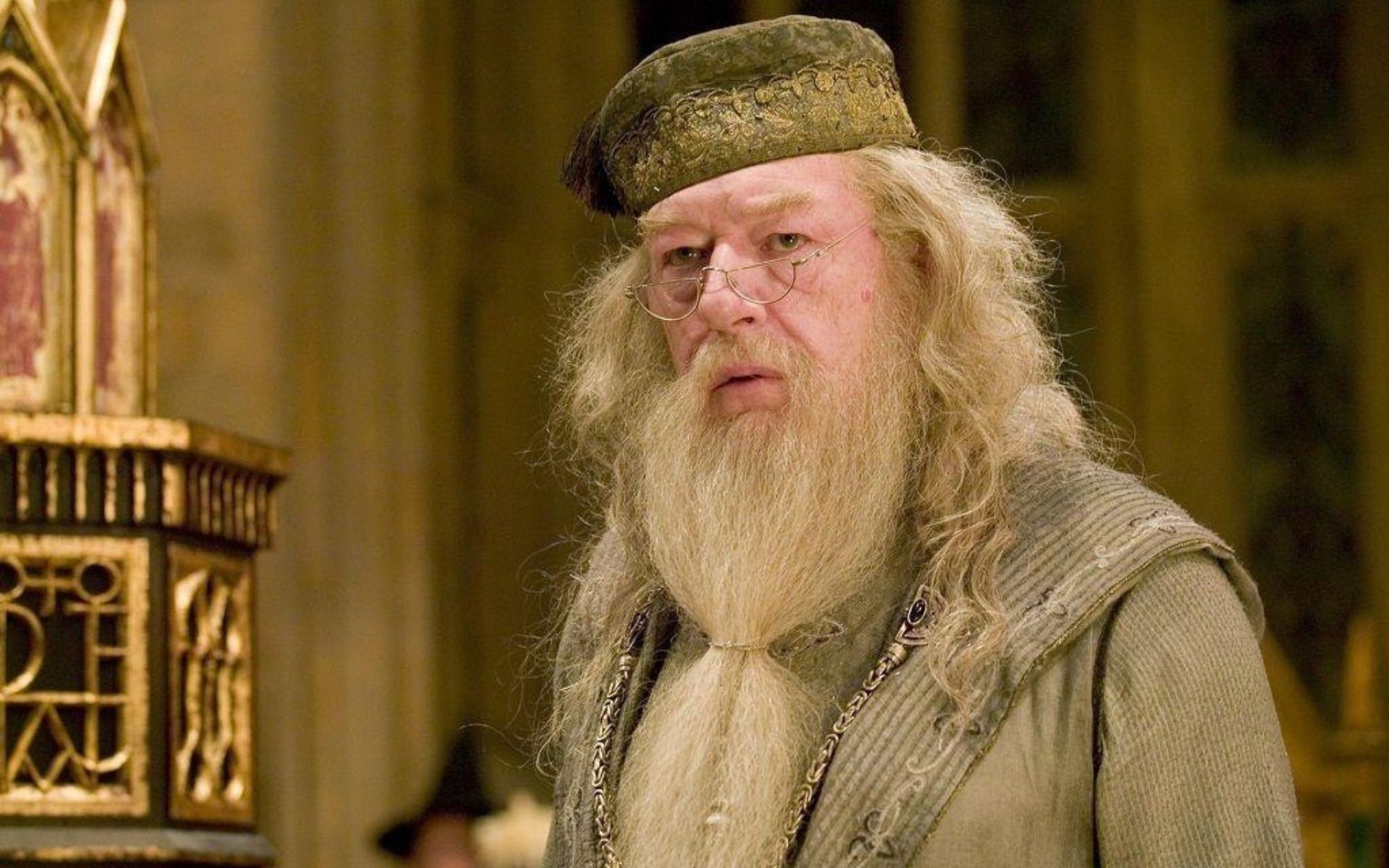Many films do not make it past the pre-production stage. Due to lack of funding or mysterious delays, some movies are doomed to nothing.. Even in these situations we are talking simple projects that remain in definitive proposals and some have made more progress than others, but that’s about it.
And for every movie that comes out, there are countless other movies that were never released and have nothing to do with who directed or starred them. For example, in this report we will see directed by some of the best directors in the world.
It’s not often that a movie grabs the public’s attention, but then it doesn’t get released. Again, For some, this nightmare has come true and the stories behind it are amazing.
So, we leave you with great films that many of us would die to see and which unfortunately haven’t even started shooting yet and that we can no longer watch on the big screen. With the explosion of platforms like Netflix or HBO Max, who knows if they’ll find a springboard for any of these.
7 films that were not shot despite being very promising:
- Batman: Year One by Darren Aronofsky
- kaleidoscope by Alfred Hitchcock
- Halo, Peter Jackson, Neill Blomkamp and Guillermo del Toro
- Ronnie Rocket, David Lynch
- Star Trek: Planet of the Titans by Quentin Tarantino
- Heart of Darkness, Orson Welles
- Napoleon, Stanley Kubrick
Batman: Year One by Darren Aronofsky
Darren Aronofsky frequently flirted with major superhero movies like Wolverine, Hugh Jackman or Watchmen before Zack Snyder made his own movie.
But the undisputed winner of the gold medal is Batman: Year One. In 2000, it was announced that Aronofsky would direct an adaptation of Frank Miller’s comic, with Miller being added as a screenwriter. and Matthew Libatique, Aronofsky’s regular cinematographer. For Miller and those of us who are fans of this comic, the hype was more than warranted.
Now, we are open to problems. Aronofsky had directed Pi and Requiem for a Dream, and was preparing to make his studio debut in the Warner Bros-backed Batman movie.After the bad reception of Batman and Robin in 1997, the studio aimed to reboot the Bat franchise.
With all this, Aronofsky left the project due to scheduling conflicts and all the blast created was used by another great director to become Christopher Nolan’s Batman Begins, which will lead to the big trilogy we all love.
Again, Which would be better: missing Aronofsky’s movie and Nolan’s movie, or vice versa?
kaleidoscope by Alfred Hitchcock
Considered Hitchcock’s Kaleidoscope vision, inspired by a real case of serial murder. It’s too jarring and sexually explicit for its time.
Despite the impact of Psychosis in the ’60s, when much of the population was traumatized in some way, it wasn’t the last cartridge for this great director. Hitchcock had an even more shocking movie planned a few years later. It would be called the kaleidoscope.
Determined to capture Europe’s most innovative directors, Hitchcock wanted to apply his radical methods to one of his darkest narratives. The kaleidoscope was considered so extreme that even the man behind Psycho wasn’t allowed to film it.
In addition, Hitchcock expected the movie to be shot in 1967. He had just received an honorary Oscar, the Irving G Thalberg award, and François Truffaut’s book of interviews with him had just been released, so it was pretty obvious that the movie was pretty darn good. would at least be seen.
Again, her last two releases, Marnie and the Iron Curtain, were disappointing, and if we add it to a very off-putting time, nothing happened.
I wish I could enjoy it and decide if it really is as frank and bloody as advertised.
Halo, Peter Jackson, Neill Blomkamp and Guillermo del Toro
After captivating the world with the Lord of the Rings trilogy, Peter Jackson wanted to head the movie adaptation of the wildly popular Halo video game franchise.
As suggested, Jackson would executive produce the film from a screenplay by Alex Garland, which would achieve great success in the sci-fi genre who directed Ex Machina and Annihilation.
Directors from Halo have come and gone, including Guillermo del Toro and Neill Blomkamp. he could have made his feature directorial debut with this great movie.
Halo is currently in development as a television series for the new Paramount+ streaming service.
Ronnie Rocket, David Lynch
David Lynch began work on Ronnie Rocket shortly after the success of his 1977 debut feature Erasherhead.
movie project would follow a one-legged detective who enters another dimension and is harassed by a meter tall dwarf who can control electricity.. Very David Lynch-esque, of course.
But Lynch struggled to find a studio that would give such a strange story a chance. The director put Ronnie Rocket on hold and chose a more traditional project with The Elephant Man. even though he has always watched this movie in his mind.
After starting not one but two production companies and choosing Twin Peaks’ Michael J. Anderson as the lead actor, Ultimately, Lynch was never able to surpass Ronnie Rocket’s development.
Star Trek: Planet of the Titans by Quentin Tarantino
As we know, Tarantino plays in his own league and has always preferred to work on original projects among his fetishes, but an opportunity It’s like directing Star Trek.Can’t be denied even by Tarantino himself (plus he was an absolute fan).
Now, in 2019, it has been announced that he is working on his own Star Trek movie inspired by A Piece of the Action. An episode of the original series set on a planet that bases its culture on 1920s Chicago gangsters. They’re all crazy.
Tarantino and who is considering running the project would probably be rated R (adults only), he eventually stopped making it as his final film.
But Tarantino’s idea of making a Star Trek movie that would combine sci-fi and gangster cinema has had fans wondering “what if…” for years.
Heart of Darkness, Orson Welles
In 1939, after Orson Welles rose to fame with his production of Julius Caesar and the radio version of The War of the Worlds, he submitted a screenplay to RKO Pictures based on Joseph Conrad’s novel Heart of Darkness.
However, after several months of discussion, the head of RKO decided to withdraw the project. Why? for one simple reason: It was considered a risk on three fronts: financial, stylistic and political.
To this we had to add that despite the fact that we are now used to seeing adaptations of books in the cinema (and remember that most of them are of quite dubious quality), at the time there was greater respect as well as fear. .
In the early stages of pre-production It turned out that the film would cost more than a million dollars, and he planned to shoot the film in 165 long first-person panoramic shots.the main character’s eyes, the camera, is something that wants to break away from the boring narrative of the cinema.
let’s add this Welles took a strong stance against fascism And considering we’re talking about 1939, it was pretty hot.
The perfect combination to get a cathedral-like NO.
Napoleon, Stanley Kubrick
Filmmaker Stanley Kubrick wrote a screenplay about Napoleon Bonaparte that never came to light. It was intended to be Napoleon’s ninth film. It was to be released in the early 1970s. (after his first big-budget film, Spartacus).
The script consisted of 148 pages and covered the entire life of Napoleon Bonaparte, from his birth in 1769 to his death in 1821. Kubrick’s range exceeded his ability. And that was too ambitious and expensive for any studio to finance.
However, it should be noted that In 2016, Cary Fukunaga was hired to direct a miniseries adapting Kubrick’s screenplay. The production of the mini-series, which is planned to be broadcast by HBO and produced by Steven Spielberg, continues.
Also, there is even Stanley Kubrick’s Napoleon: The Greatest Movie Ever Made compiles the script with Kubrick’s handwritten notes, research binders, costumes, and location exploration photos from the film’s pre-production.
Source: Computer Hoy






















